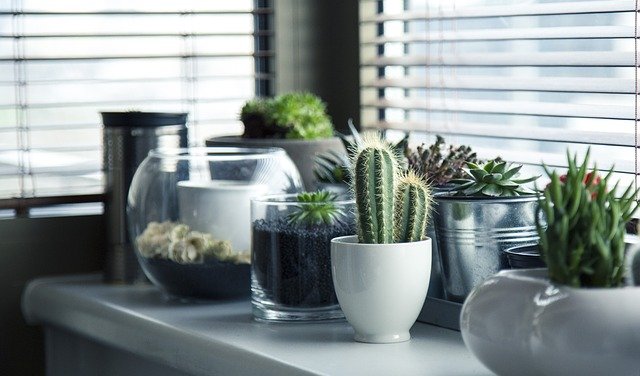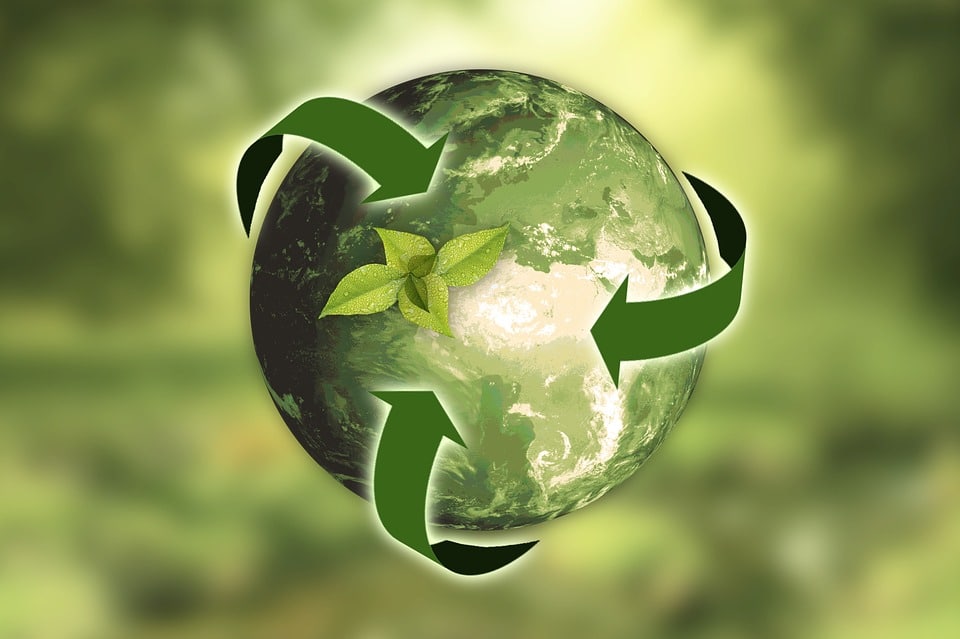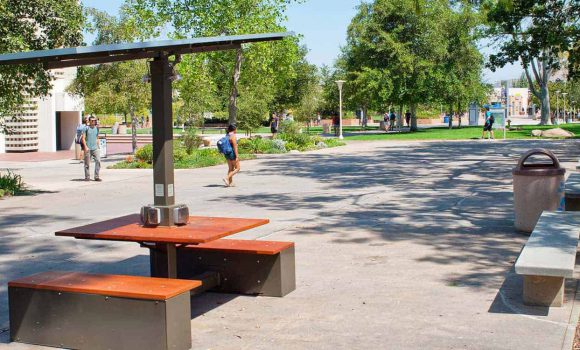We are often reminded that the world needs help in the fight against global warming. Here is a list of 15 simple changes that can be acclimated to your day-to-day life to aid in a more sustainable lifestyle.
1. Water Conservation
It is true that nature provides, but the world is demanding. On average, one person in a household uses about 50 gallons of water a day. For a family of four, that is approximately 200 gallons a day! Reducing your water use can make a huge difference.
You can try:
- Avoiding water running unnecessarily while you brush your teeth or lather your hands.
- Taking quicker showers with shower heads that reduce water use, ie. with a flow rate of less than 2.5 gpm.
- Using a dishwasher. Despite the energy use, you use nearly half of the amount of water than when handwashing dishes.
2. Plan Your Meals and Meal Prep
Planning your meals for the week will greatly reduce your chances of having wasted and expired food. It will reduce your shopping time and limit the chance of spending extra money on food you will not eat.
3. Home Composting
US households waste food at an alarming rate. Studies have shown that the average household wastes an estimated 30%-40% of their food, costing over $800 per month. This waste comes from uneaten, unused, or expired foods. According to RTS Food Waste in America in 2021: Statistics & Facts , that equates to 219 pounds of waste per person that ends up in landfills, making up nearly a quarter of all municipal solid waste. One way one can reduce this number is by turning that wasted food into compost for a garden. It will remove the need of pesticides while enriching the soil, aid in healthier plant growth, while limiting the risk of certain diseases. Here are tips on how to compost food scraps.
4. Plant Trees
Planting trees is a great way to help reduce CO2 emissions. By planting even just one tree, it will naturally reduce greenhouse gas, filter water, provide shade, and become a possible habitat for wildlife.
5. Grow your own vegetables and herbs
Most of the fresh produce sold in supermarkets are farmed with chemicals and pesticides. Growing your own, you are aware of what is being used in your vegetables and herbs. Also, not having to drive to pick up produce will cut down on emissions and save you time and money in the process. If you don’t have the outdoor space, here are the easiest herbs and vegetables to grow indoors.
6. Hang Dry Your Clothes
Electric dryers can be faster and seem more efficient, but it also uses a lot of energy. On nice days, try hanging your clothes to dry; it will help the environment and save a bit on the energy bill.
7. Recycle Old Devices and Cell Phones
Instead of throwing out old electronic devices, recycle them. There are places that pay you to recycle with them. Currently, many electronic devices end up in landfills. Electronic devices contain materials such as lead, cadmium and mercury that degrades over time, seeping into soil and groundwater, contaminating the environment. This creates health risks for people and wildlife living near landfills. Companies are willing to pay you to recycle with them because of the valuable metals found in those devices such as: gold, silver, palladium, copper, nickel, etc.
8. Charge Your Cell Phones and Smart Devices with Solar Power
With advancing solar technologies like Solar Workstations, Solar Charging Stations and Portable Solar Power Banks, the ability to power your devices without harming the environment are made simple. Smartphones and smart devices usually take 2-3 hours to fully charge. The average person charges their phone while they sleep which causes unnecessary energy consumption. A Solar Power Bank can recharge during the day and charge your device at night.
9. Say No to Plastics
Plastics contain many toxics that cause pollution and they are not biodegradable. There are two simple ways to reduce your plastic use:
- Conform to using reusable products such as reusable bags and bottles instead of plastic.
- Use natural bar soap and shampoo, as they are typically packaged, and recyclable paper which is better for the environment.
10. Make Your Own Cleaning Products
Many household cleaners possess chemicals that are harmful to you and the environment. They also come packaged in bottles or cans. The best solution will be to purchase a reusable spray bottle or reuse an existing bottle and prepare your own cleaning solutions. This is safer for us and the planet. To create your own cleaning products, here are 27 chemical-free recipes for DIY cleaning solutions.
11. Unplug It
Beware of vampire appliances. If the device retains a light, even when powered off, you have a vampire on your hands. The appliance is drawing power, raising your electric bill and causing unnecessary energy consumption. Unplug it when it is not in use.
12. Get out and Go
With all the vampire appliances unplugged, get out and go. Enjoy some outside time and give the home energy use a rest. Need to go somewhere that is less than two miles? Make it a walk instead of a drive. Use the stairs instead of an elevator. Simple changes like these will decrease you bills and emission levels while increasing health.
13. Insulate your home
If your home is not properly insulated, it will not hold temperature well. You will lose heat in the winter and cool air in the summer. If you insulate your home, you can lower your heating and cooling needs.
14. Recycle Everything
If you cannot reuse it; recycle it. Be conscious of your purchases and make sure you are buying recyclable goods.
15. Share this knowledge with a friend
The rise in emissions and pollution can be helped with unity. The Earth cannot do it all by itself. Tell a friend. Tell some friends. Many communities have volunteer programs that focus on cleaning the community. Those are a great way to combat pollution with like-minded individuals.

These changes, though small, will have a powerful impact on the planet. Adopting these into your day-to-day life will not only help reduce the problems that are creating a negative effect on this planet, but it can also potentially decrease problems you may face in your own health. Merely making small changes to our energy consumption, water usage, spending habits and diets will make a difference that will impact the lives of the future. There were many heroic sacrifices made to ensure the future of this current generation, it is now time for us to become the heroes for generations to come.
Contributed by David L. Powell III from Sunbolt


